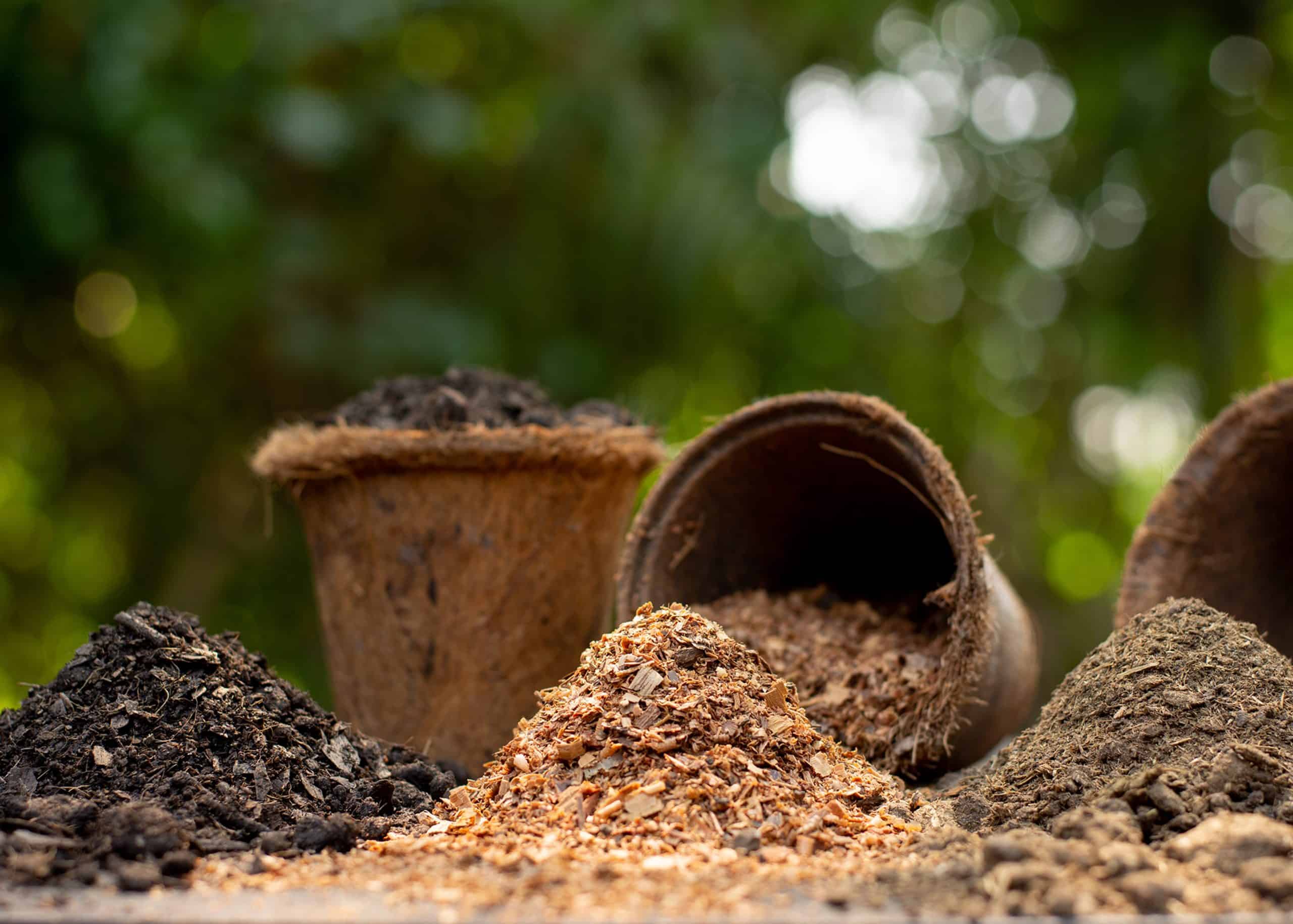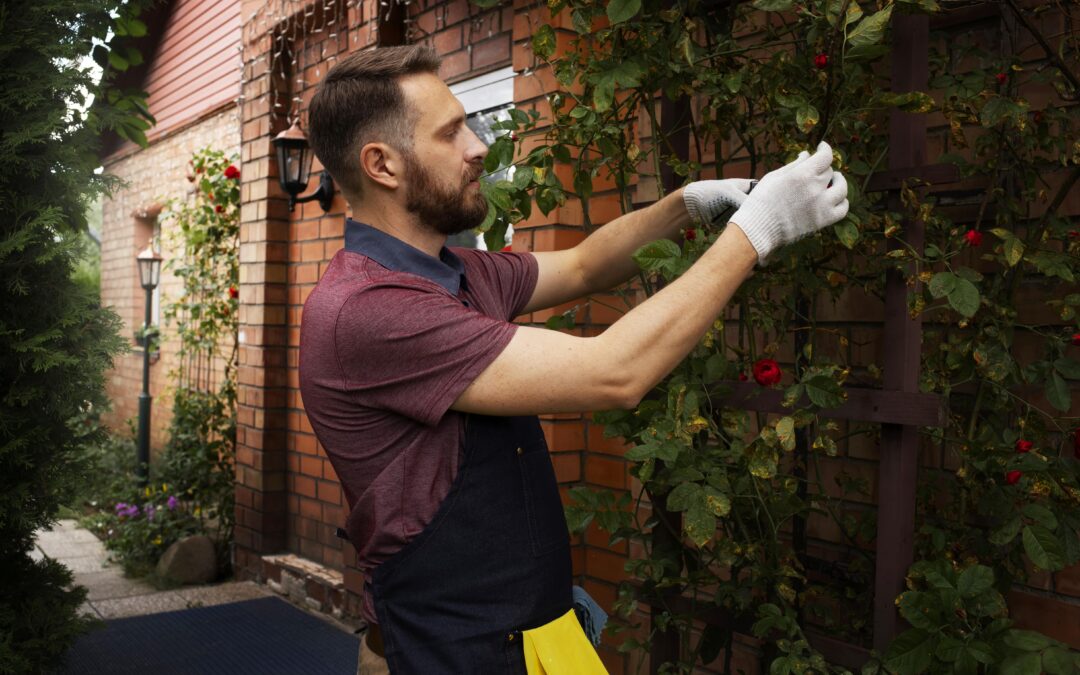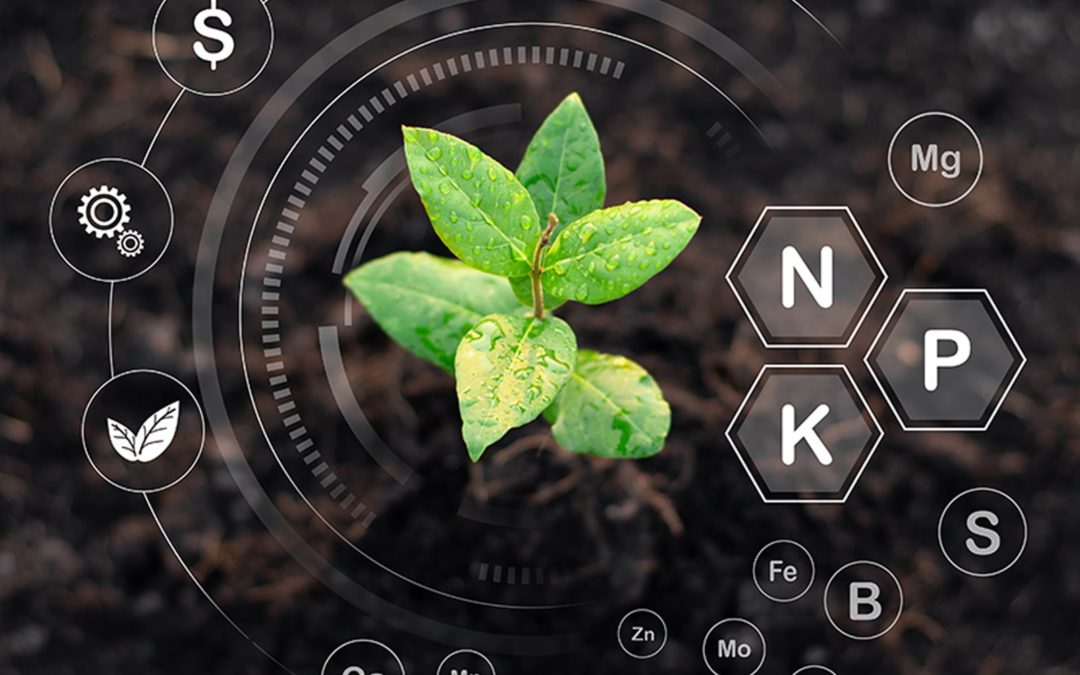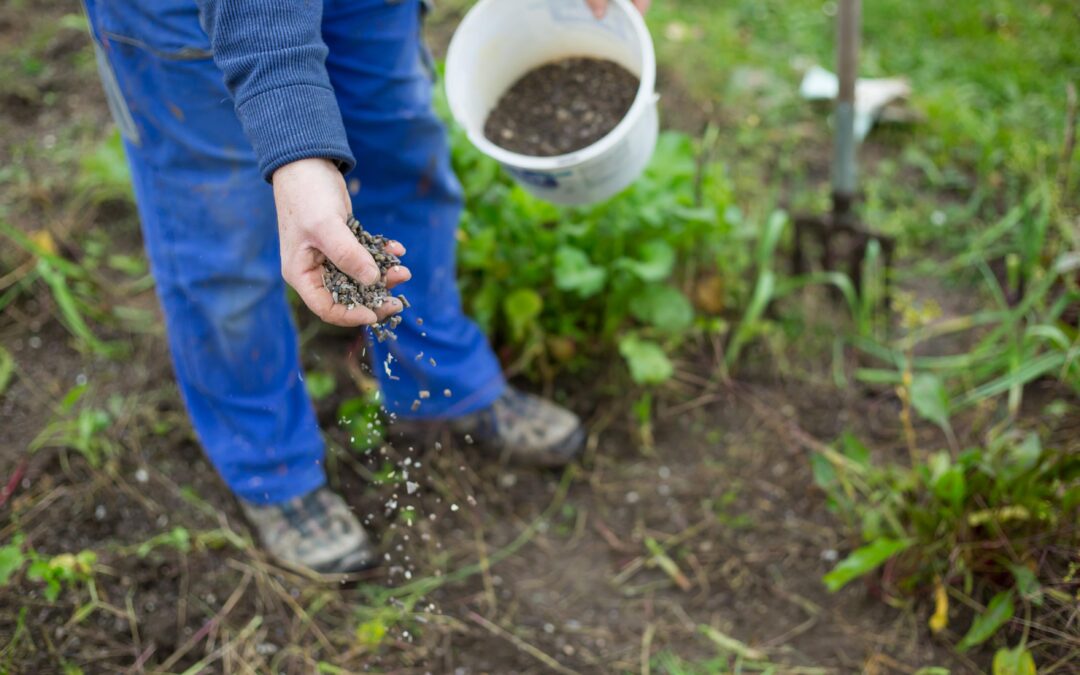You want the best garden soil possible, plus in some cases that means applying a little resourcefulness when it involves sourcing soil amendments.
If you’ve been asking about how to use bone powder in the garden, then it’s time to learn whether this substance can allow you grow healthier, even more blossoming plants.
Let’s take a look at the advantages and disadvantages of bone powder so you can decide whether it makes sense for your growing technique.
What is Bone powder?
As the name implies, bone powder is a fine powder made from animal bones that have actually been boiled or steamed, then crushed finely. The resulting powder is rich in nutrients, which makes it an outstanding garden eco-friendly fertilizer. Most readily available bone powder originates from bovine animals, though any bone will work.
While this sounds like a foolproof method for better plants, not all soil will benefit from bone powder. Knowing the facts regarding when it’s useful (as well as when you’re better off avoiding it) might make a huge difference in your garden this year. Learn whether your soil needs bone powder or not?
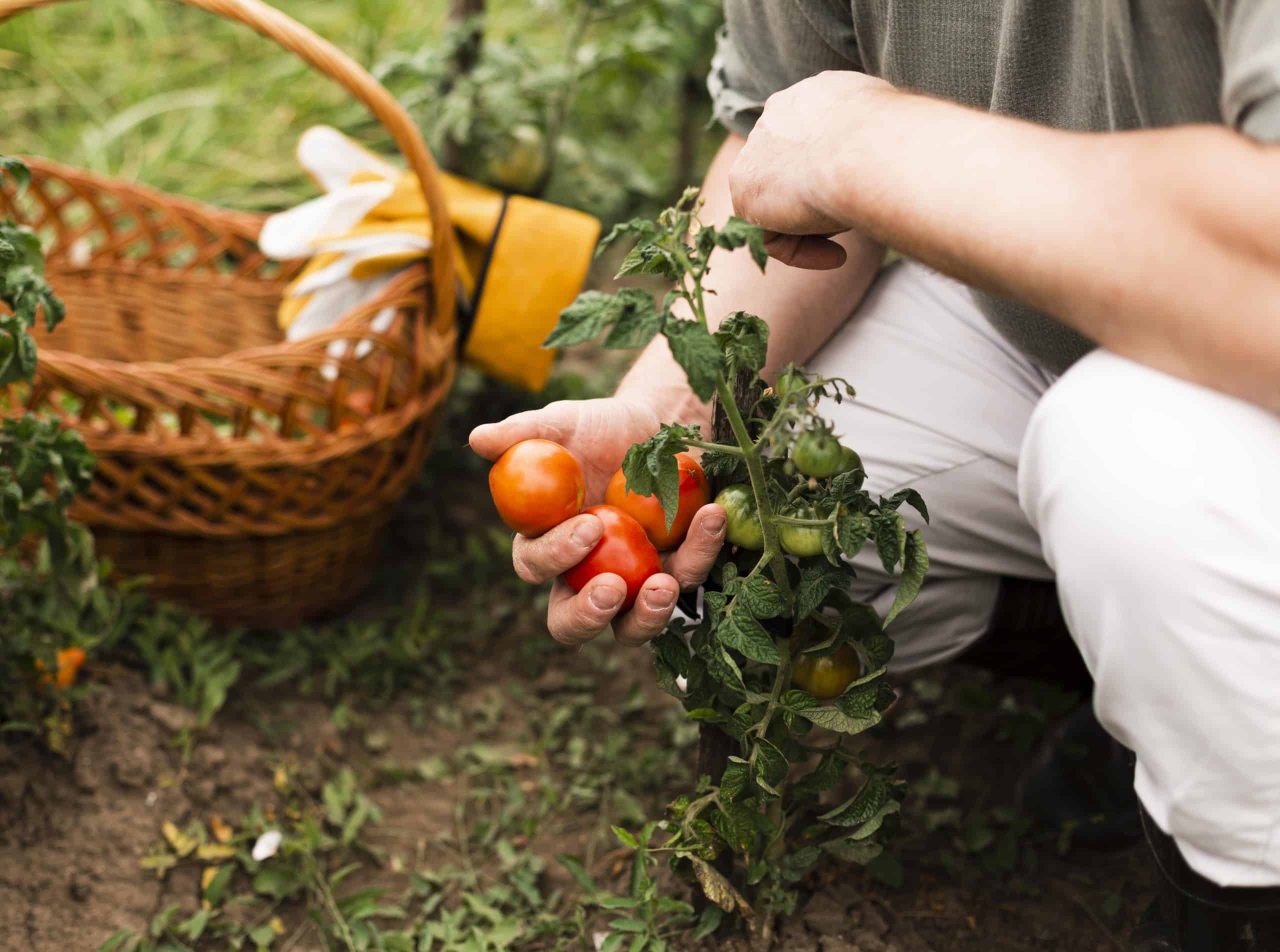
7 Advantages of Using Bone powder in your Garden
There’s a lot to like about using bone powder in the garden soil. Below are some of the best notable benefits for your plants and soil.
1. Excellent Source of Phosphorus
Most people that include bone powder to their land do so to boost the levels of this critical nutrient. Bone powder is approximately 15% phosphorus, and it comes in a form that’s simple for plants to incorporate. This benefits root growth, cellular division, seed growth improvement, and prevents your plants from becoming stunted.
Aside from using a soil test, you can tell whether your plants need phosphorus by their coloring around the stems and their leaves. Purple coloration is an indication of shortage of Phosphorus.
2. Consists of Calcium
Calcium is a vital element for healthy and balanced bones, which implies that bone powder consists of plenty for the benefit of your plants. Adding calcium to your garden using bone powder and other forms can give you better tomato, zucchini, and pepper yields by preventing blossom end rot. his crucial mineral additionally promotes new development in roots and stems to keep your plants healthy for the full growing season.
3. Contains Nitrogen
Natural and organic bone powder contains trace quantities of nitrogen, usually about 0.7 to 4 percent. Nevertheless, if you purchase organic bone powder, it’s most likely to have nitrogen included in it. This gives your plants a nutritional boost from an all-around soil amendment.
4. Balances Out Additional Variations
Most typical yard amendments like garden compost and manure are high in nitrogen but reduced in various other vital nutrients like potassium or phosphorus. Incorporating bone powder to the soil balances out these inequalities without you overpowering your soil with any specific one compound.
5. Suitable for Organic Growing
Bone powder is an exceptional garden amendment from a natural and organic gardening point of view. That’s considering that it strengthens the soil structure by increasing the concentration of beneficial soil microorganisms. These microorganisms, in turn, make soil nutrients more easily accessible to plant roots, which therefore results in faster development, a more desirable root system, and also fewer days to maturity.
6. Serve as a Slow-Release Environment Friendly Fertilizer
Bone powder takes a long time to break down, which means it provides your plants constant access to phosphorus throughout the growing period. This means you can apply it one time and forget about it until you start next season’s garden.
7. Boosts Health of Blooming Plants
Plants require phosphorus to blossom, which is why garden enthusiasts generally apply bone powder for ornamentals like roses and bulbs. A mixture around the plant’s base early in the growing season ought to result in larger, more plentiful blossoms, and it additionally assists onions form bulbs. Some gardeners even add bone powder to the base of their plants as they are blossoming to help them set fruit.
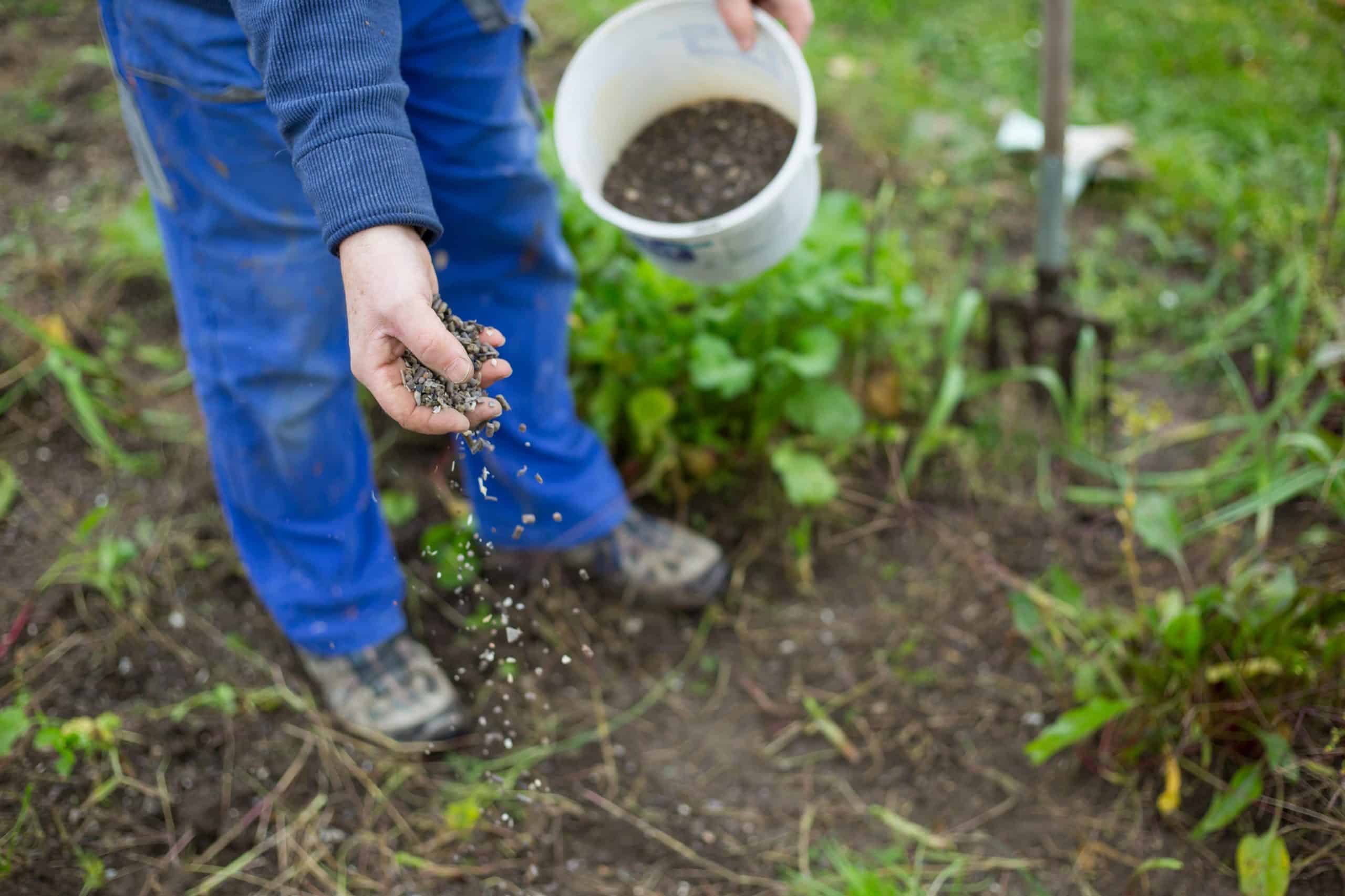
Are there Any disadvantages of using Bone Powder?
That’s not to claim that bone powder is the best soil amendment. Utilizing bone powder in the garden raises some safety issues for children as well as household pets if they consume it. Pet dogs are commonly attracted to the animal odor of bone powder, however if they ingest an excessive amount of, it can create a cement-like spherical ball in their bellies that may block digestion.
The best way to keep everyone protected is to completely mix the bone powder into the soil, so it doesn’t clump and store the extra bone powder away from kids and canines.
There’s another reason to ensure you use bone powder correctly– excessive rain can trigger this phosphorous-rich eco-friendly fertilizer to penetrate water supply and cause an algae/ bacteria germinate.
The good news is that the possibility is lowered when you use all-natural bone powder since it doesn’t wash away like various other kinds of fertilizer, however it’s still worth monitoring your usage.
Lastly, as a result of bone powder’s connection with beef livestock, some consumers doubt whether it’s possible to get Mad Cow Disease from touching the powder.
Fortunately, the chances of this happening are slim to none due to the fact that all commercially-available bone powder undergoes rigorous screening prior to handling.

